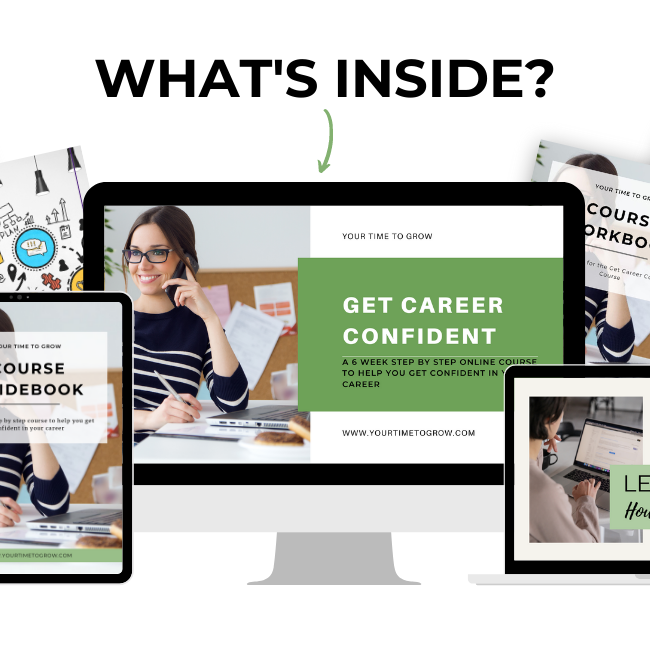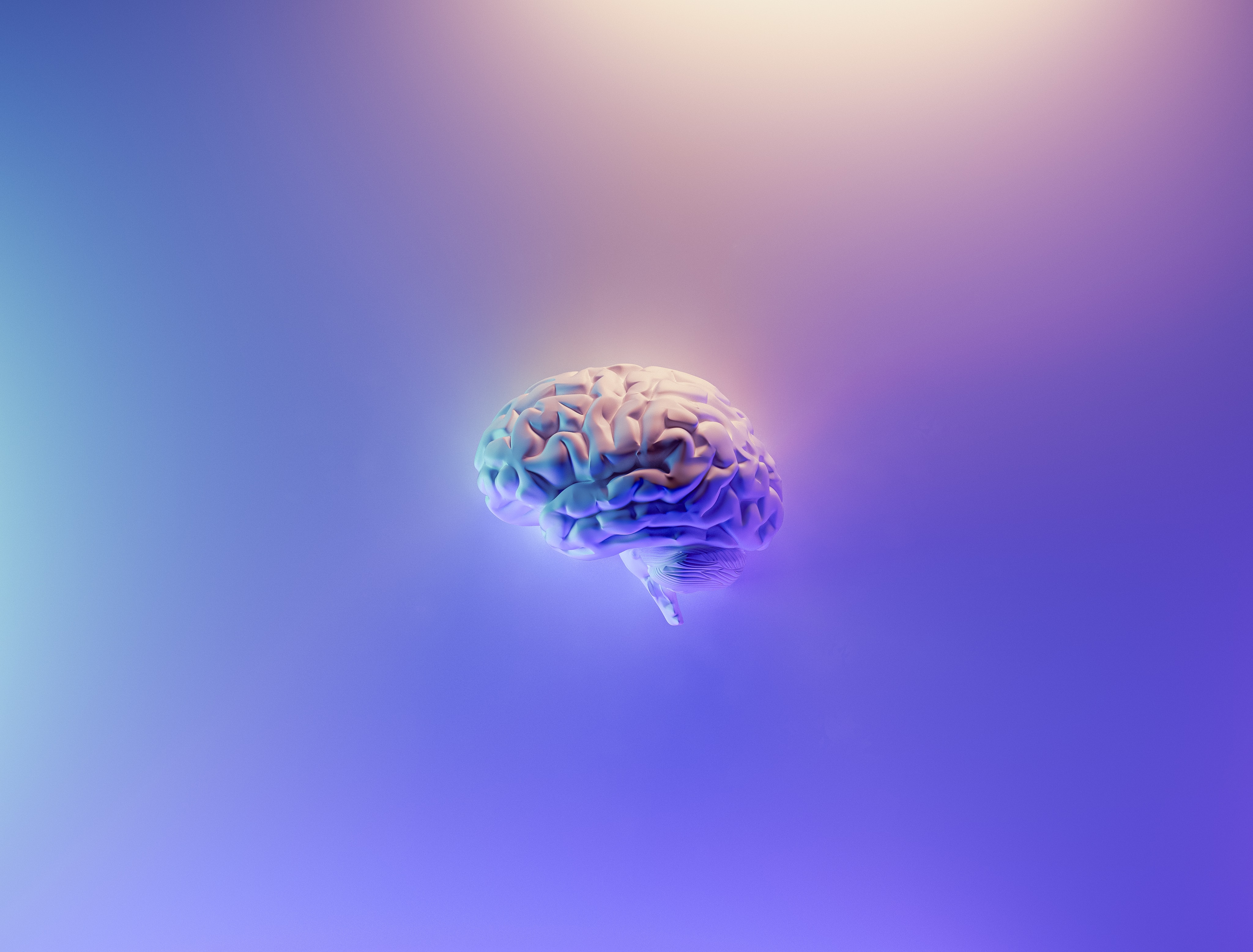I downloaded the Calm app this week. In the past, I've used Headspace, which I love but one of the things about Calm that intrigued me was the little daily wisdom snippets. Today's was on cognitive load.
I'd never really heard of cognitive load, although when Jay Shetty started talking about it I realised it's what I've been calling the mental load. Or at least that's one of the symptoms.
What is cognitive load?
Cognitive load is the mental effort our brain uses for a task. For me, I felt that the conscious competence model explains this. So when we are consciously competent, we find we can do a task without thinking about it…I always use the example of driving. When we've been driving a while we do it without thinking about it, we can listen to music or have a conversation and our cognitive load is low.
Have you ever found yourself turning off the radio when you're lost? Or finding it hard to concentrate on writing an email when your colleague is having a conversation/eating loudly?! Maybe you're cooking something you've never tried before, with a complicated recipe. This is where your cognitive load can go up.
Your cognitive load level isn't inherently good or bad, but when it is continuously high, it can lead to overwhelm…which takes me back to the mental load.
I think it's why so many people struggled during the lockdowns. We were trying to work with loud noises from kids at home or trying to work remotely which was new to lots of people. Combined with the anxiety, ever-changing rules and practices around covid, we had a lot on our minds.
How do you reduce your cognitive load?
As I said earlier a high cognitive load isn't always a bad thing. When we try something new e.g. a new recipe or a new route, we learn from it. We can challenge ourselves and we might increase our knowledge and our resilience. However, if you're receiving too much information at once you can get flustered and overwhelmed. This makes it harder to concentrate, make decisions and recall information. You may be unable to process what's happening around you. This is not just about how we process information either, cognitive overload has physical symptoms too. It's a form of stress and might show up as sweating, increased heart rate, headaches, stomach issues etc.
It's important that you reduce stress and minimise overwhelming tasks. This is important generally but if you work in a high-stress job with unmanageable and unrealistic goals and tasks, thinking about work-life balance is a must.
There are a few simple ways to reduce cognitive overload:
Create routines and master them
One of the ways to build your conscious competence and thus your confidence is to create routines. Then practice and master them. In order to do this, I would recommend keeping it simple and achievable. Some ideas could be:
- Think about your morning routine - what would that look like? Could you create a 5-10 min routine to help you start the day in the best way for you?
- Add another glass of water into your day
- Say a daily positive affirmation
- Lay out your running gear the night before
Ideally, you want to have a trigger that helps you remember e.g. brushing your teeth or turning on your computer. Something you do every day. Set yourself a goal to do it for a week, then a month, then two months and see how you get on. You can keep track if you want to - but if that becomes a chore in itself, then it’s OK not to!
Simplify tasks
One of the things we most commonly do is write a to-do list - but there is a danger that these lists contribute to our cognitive load. They accumulate information, reminding us of all the things we haven’t done yet! There are some benefits in that they remove them from our mental load but if you’re anything like me, you have lists of the to-do lists!
Similarly, when it comes to doing a task, we multitask. We scroll whilst we’re watching TV, we start one job e,g, we start an email only to realise that we need to finish the document to attach or speak to that person to find out key information so then we start something else whilst we wait. Multitasking not only adds to our cognitive load because we have input from a number of places and we can’t get into flow. But also, we have to continually switch between tasks which slow us down because we’re trying to remember where we were or we have to adjust to the new task or our brain has to choose which is more important. (This is where the Eisenhower Matrix can come in useful!)
So I would recommend doing one task at a time to give your brain a chance to have a break and get some relief from the busyness of our days.
Self-care
I know I bang on about self-care and there's a lot of talk at the moment about how it’s just another thing to add to our ever-increasing to-do lists. The problem is that we’re missing the point, self-care should be at the top of our list, with everything else coming second. If we don’t look after ourselves we don’t have a hope of looking after everyone else and keeping the mental load down. This isn’t about adding something else but removing the other things!
Anyway, rant over, there are four pillars of self-care: physical, emotional, spiritual and mental and ideally you would want to incorporate all of them in some capacity. Some of them can be covered by the same activity e.g. going for a walk covers physical, spiritual and mental.
I would recommend making sure that you look after yourself by drinking enough water, eating well, sleeping well, moving in a way that works for you and practising mindfulness. I know that some of these are easier said than done. Last night my youngest had a 4-hour nap, I thought she’d gone to bed but she woke and then was up til half past midnight! Sometimes I don’t eat as well as I should. This is where I think the notion of self-care can become a chore, an addition to our already busy to-do list.
It’s all about good intentions
I think as long as the intention is there to look after ourselves, work smarter not harder and that we make a conscious choice to do so then it’s OK if sometimes we don’t manage it. If you are regularly not getting enough sleep or drowning in your to-do list, then it might be time to explore what’s going on - and be kind to yourself. This is a journey.
The key one for me is self-care. When we keep our cup (or bucket) topped up we are better able to manage the cognitive load. When I find myself overwhelmed it is almost always due to tiredness or hunger - tangry, hangry or thangry as we call it in our house! My second biggest trigger for cognitive overload is taking on too much. How about you?
step by step course
Get Career Confident
Applying for a new job can feel hard at the best of times, but it's even harder when you feel like you have forgotten all of your skills and you have no idea or confidence about how to start.
The Get Career Confident course allows you to build confidence in your skills and abilities, especially if you’re feeling overwhelmed at the thought of moving roles, getting a new job and/or setting career goals.


